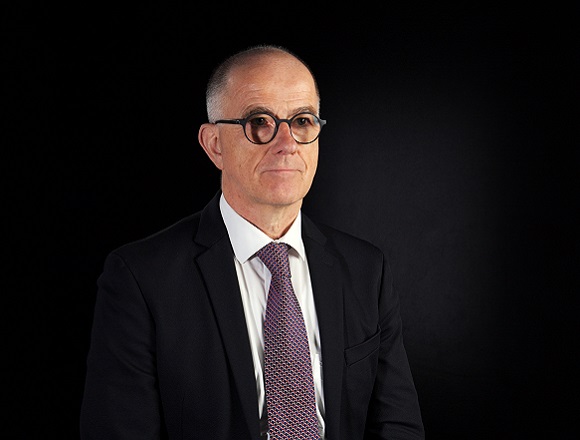Konstantinos Tsioufis, MD, is a professor of cardiology at the University of Athens, Greece, and director of the hypertension unit of the First Cardiology Clinic in the Hippokration Hospital. He has served as president of the European Society of Hypertension (ESH).
Which antihypertensive drugs should be recommended to patients with atrial fibrillation (AF) or other arrhythmias?
Konstantinos Tsioufis, MD: AF is the most common arrhythmia in adult patients. It is very common among hypertensive patients. Keep in mind that the prevalence of it is ~2% to 4% in the general population. It rises up to 10% in the adult population. It’s >20% in those older than 80 years. Now the population is becoming more and more aging and the prevalence of AF should be higher in the near future.
We know that hypertension and AF are very interrelated. When we have hypertensive patients with AF, the first priority is to normalize the high blood pressure by following what the guidelines recommend: appropriate lifestyle, avoidance of excessive alcohol consumption, and weight reduction. Apart from lifestyle modification, it’s appropriate to prescribe medication in the majority of cases. We have to follow the general rule of fixed-dose combination at the initial visit for most hypertensive patients.
This is also true for patients with AF and hypertension, but in these patients there are also 2 points that you have to consider. First, you have to control the heart rate, so beta-blockers should be our preferable choice in order to have a heart rate of ~80 to 100 bpm, definitely <110 bpm. Second, you also have to prescribe medications that may favorably affect left ventricular remodeling in order to avoid new episodes of AF. Such drugs are renin-angiotensin system (RAS) blockers, angiotensin-converting enzyme inhibitors (ACEIs) or angiotensin receptor blockers (ARBs). There is solid evidence that they may favorably affect [the development of] new cases of AF.
Last but not least, it is important to achieve adequate blood pressure control before prescribing anticoagulants, because you have to protect hypertensive patients with AF from ischemic strokes based on the CHA2DS2-VASc score. On the other hand, when the blood pressure is >160 mm Hg, the risk of brain bleeding (hemorrhagic stroke) is [significant], so we have to control systolic blood pressure <160 mm Hg before starting anticoagulants.
 English
English
 Español
Español
 українська
українська







